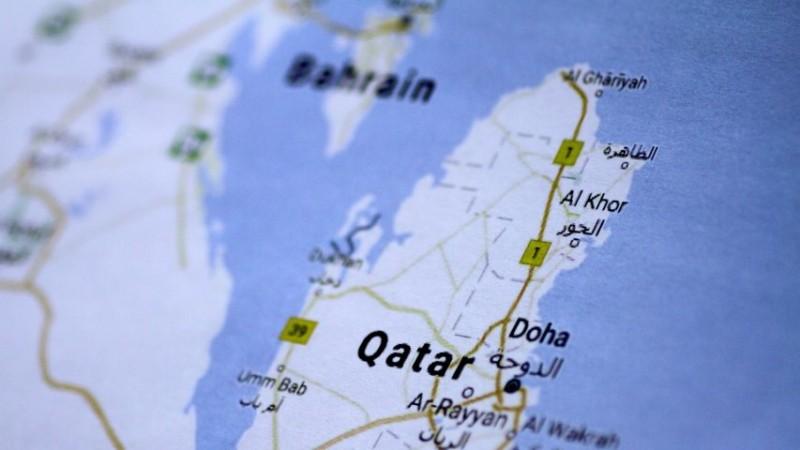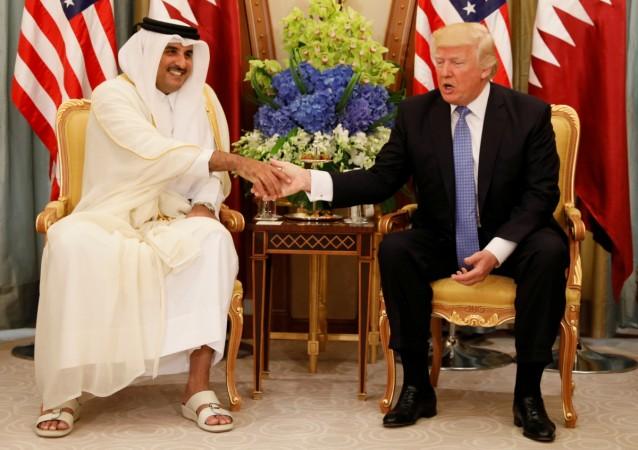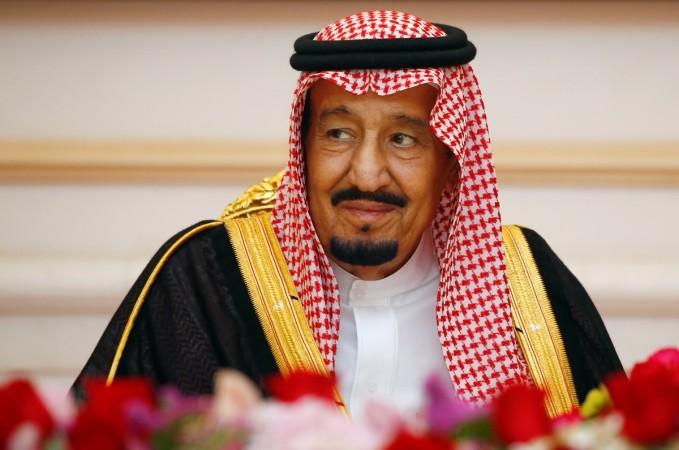
The Arab world seemed to be bolstered by the participation of US President Donald Trump in the summit held in Riyadh last month, so much so, that within weeks of that congregation, as many as five Arab countries besides the Maldives severed their diplomatic relations with Qatar accusing the latter of supporting terrorist groups.
The strains between Qatar and other Arab countries are not new, however. In 2014, a number of states had withdrawn their diplomats from Qatar, citing similar concerns. The dispute was settled then. But this time, with Qatar's border with Saudi set to be suspended, it seems the escalation could be critical this time.
Also read: Gulf crisis: 3 times Qatar made the headlines for negative reasons
The Qatari authorities have claimed that the country's state-run news agency [Qatar News Agency] was hacked and a fake story quoting the country's emir making controversial statements related to the Hamas, Israel and Iran, was published by the hackers causing the latest rift. The Arab countries were, however, not convinced.
Targeting Qatar dilutes Trump's fight against terror
The boycott of Qatar, also a close ally of the US in West Asia, poses a threat to President Trump's fight against terrorism for Washington is unlikely to dig deep into the West Asian crisis at the expense of enraging its biggest friend in the region – Saudi Arabia.
Also read: Gulf crisis: 'Tormentor' Qatar is facing the music; yet Nepal is not happy
But are the Arab countries really targeting Qatar over its 'support' for terrorists or because they are increasingly feeling concerned over Qatar's rise and the impact it is making on Arab's politics?
Qatar was not a rich country from the beginning. From a poor country which depended on fishing and pearling, Qatar's rise started with the discovery of oil in the late 1930s and a much bigger natural gas reserve in the early 1970s. With the highest per capital GDP in the world today, Qatar competes with the likes of Saudi and the UAE in terms of prosperity.
Qatar has emerged fast to compete with Saudis and Emirates
The city of Doha is no less flourishing than centres like Dubai, Abu Dhabi or Riyadh. A tiny country by size, Qatar used its pragmatic foreign policy which is more neutral, something the Arab countries are not known to do, to grow as a mediator in the region and improve its clout in the international community.

Hosting Fifa World Cup is bound to make Qatar's regional neighbours envious
The country is also set to host the Fifa World Cup in 2022 as only the third country from Asia and the first from West Asia. The feat is certainly something which traditional powerhouses in the region would see with envious eyes. Saudi Arabia, for instance, is ranked 35 places higher than Qatar in the Fifa list and has already played in four editions of the tournament. Qatar will make their debut in the football world cup in 2022.
Qatar's regional clout grew bigger during the Arab Spring
Qatar made a serious quest to emerge as an active power in West Asia during the Arab Spring of 2010. The country's leadership made a mark in all major events of the revolution which had engulfed several parts of the region and claimed that it was having a good relation with many of the newly formed governments. From helping the new regime in Tunisia to fighting the late Muammar Qaddafi in Libya to opposing the Bashar al-Assad regime in Syria, Qatar has diversified its foreign policy in an influential manner with the aim of emerging as a significant regional player.
The Saudis were upset with Qatar for refusing to abide by a wide consensus of the Gulf Cooperation Council (GCC) by claiming good relations with Iran. The UAE was upset because Qatar backed the Muslim Brotherhood, a body which the Emirates consider terrorist. Qatar was also disliked because it funded and hosted Al Jazeera, the media group which gives a platform for Arab dissidents everywhere except Qatar and encouraged the armed revolt during the Arab Spring.
Qatar's individualistic foreign policy has earned it more foes
Qatar's foreign policy has an individualist orientation and it chooses more between stability and chaos than between democracy and dictatorship. And many countries, especially the Saudis who treat themselves as the leader of the region, have tried to curb Qatar's quest [Riyadh had withdrawn its diplomat from Doha between 2002-08 to put pressure on it though the ploy hadn't succeeded].
This time, Qatar has been attacked together by all who fear that it is rising too fast to question their influence though Doha has never been aggressive about its own ambitious stance in foreign affairs. It has been defensive when targeted, expressing its "deep regret" over countries severing ties with it.

The prevailing circumstances also indicate that not many would be ready to back Qatar at its hour of crisis because of realpolitik. Though the country has been a close ally of the US and provides the al-Udeid air base to Washington, President Trump's signing a massive arms deal during his maiden foreign visit to Saudi Arabia last month and calling for a united front against terrorism makes it clear that he will care little for Qatar-Saudi rift and more for strengthening Riyadh in the fight against terror.
Iran, which has already offered to send food shipments to Qatar, seems to be the only country to back the latter in the face of the Saudis' flak. Iran and Qatar have a defence pact under which the former would guard the latter in the case of a Saudi attack. The boycott of Qatar essentially prepares the script of pushing Doha more into Tehran's fold, which will widen the rift in West Asia, may be to a point of no return.














